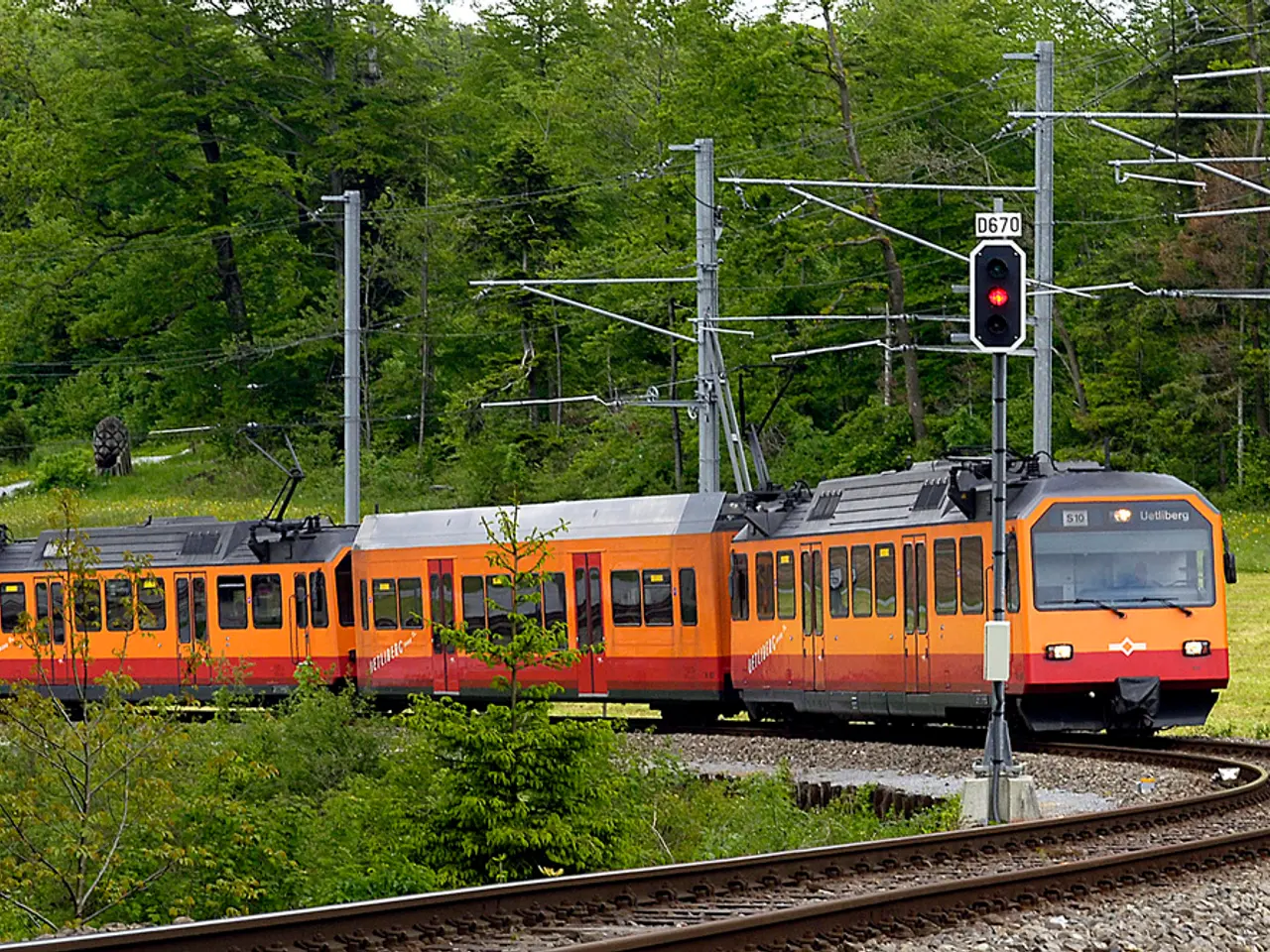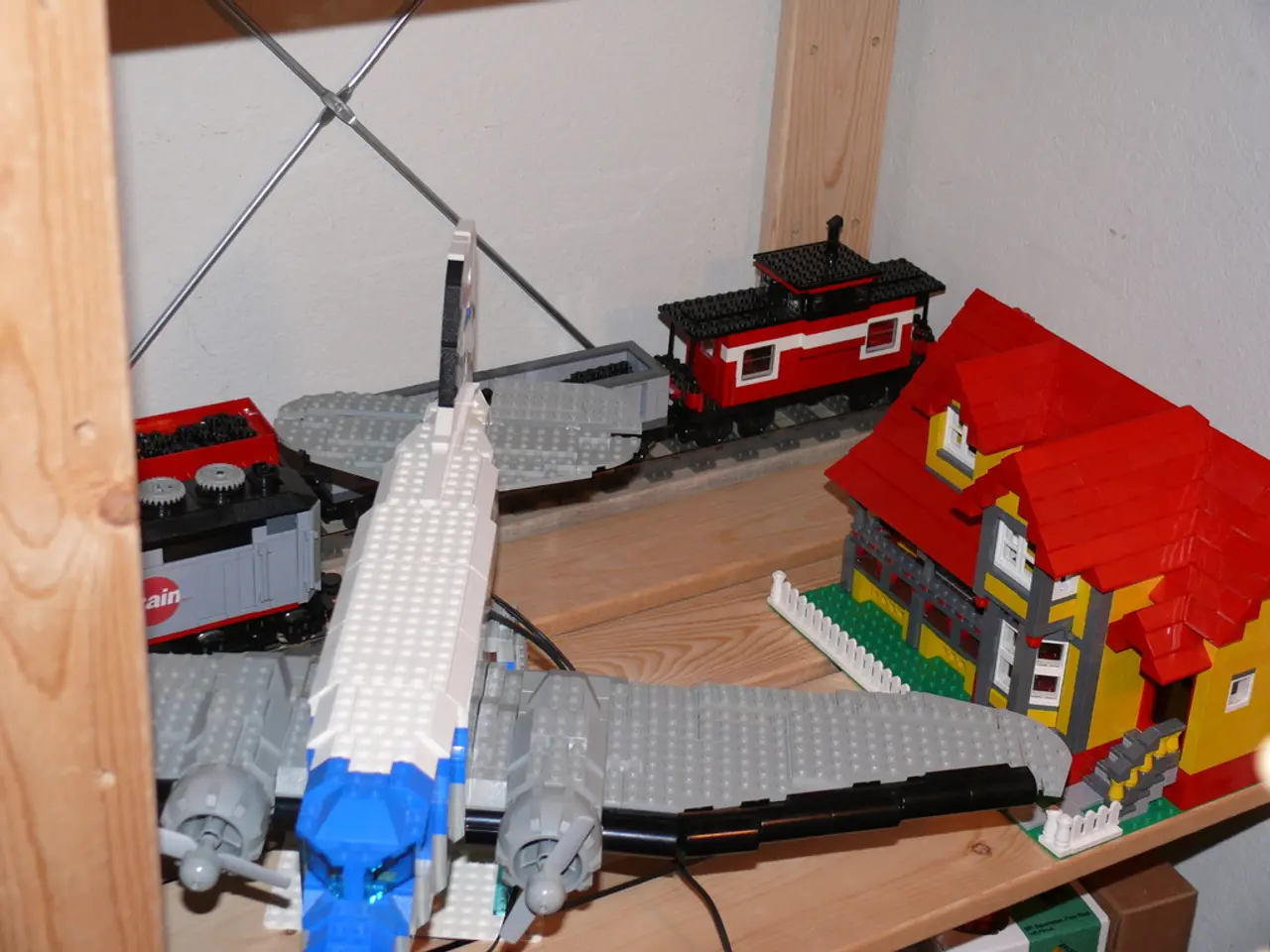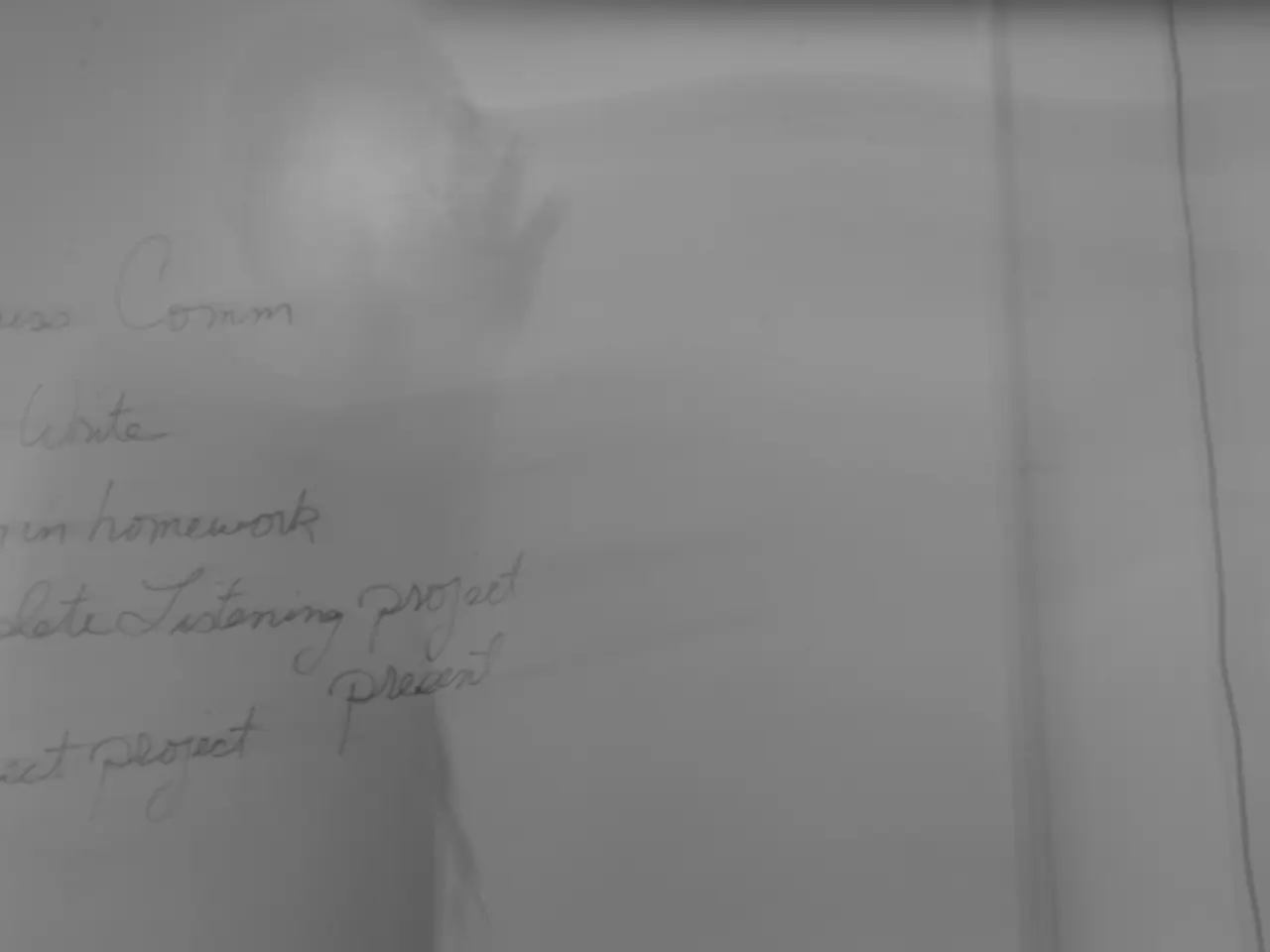Battery plants operation of RE 47 will expand from Düsseldorf to Bergische
Starting from next summer, the Düssel-Wupper-Express RE 47 train service will be powered by batteries instead of diesel, marking a significant stride towards low-emission regional mobility. This transition will not necessitate any structural adjustments or additional investments in infrastructure, thanks to advanced battery technology and the existing setup on the route.
The new Mireo Plus B battery trains, leased from Smart Train Lease for this line, consist of two train units and have a range of up to 120 kilometers. They will be deployed on the route from Düsseldorf Hbf to Remscheid-Lennep, which includes sections with and without overhead lines. The length of the overhead line-free section on this route is approximately 20 kilometers.
The advantage of these battery-powered trains is that they run on electricity but don't require continuous overhead lines. This makes them more environmentally friendly and adaptable to various infrastructure conditions. In both overhead line and battery operation, these trains can reach speeds of up to 140 km/h.
Regiobahn plans to use these trains on this route for about five and a half years. The trains will be available online from December 3, 2024, until December 3, 2026. It is worth noting that no new information about the Düssel-Wupper-Express running again between Remscheid and Düsseldorf starting summer 2026 or the cancellations on this route due to repair works was provided in this announcement.
The Verkehrsverbund Rhein-Ruhr (VRR) is providing bus replacement services between Remscheid-Lennep, Remscheid Hbf, Remscheid-Güldenwerth, and Düsseldorf Hbf until the end of 2025. The outlook for next year on this line is not promising, with the operator citing a lack of vehicles and construction sites as the reasons.
These developments represent a significant step towards low-emission train services on regional routes, demonstrating the viability of battery operation without costly infrastructure modifications.
| Aspect | Details | |-------------------------|-------------------------------------------| | Operating Route | Düssel-Wupper-Express (RE 47) | | Power Source | Battery instead of diesel | | Infrastructure Changes | None required | | Additional Investments | None required | | Deployment Timeline | From summer 2026 |
- The news of low-emission transportation covers the shift of Düssel-Wupper-Express RE 47 train service from diesel to battery power starting next summer.
- The finance industry might experience less investment due to the new Mireo Plus B battery trains requiring no structured adjustments or additional investments in infrastructure.
- In the automotive and electric-vehicles industry, the use of battery-powered trains on regional routes, like the Düssel-Wupper-Express, signifies a movement towards cleaner and adaptable transportation solutions.
- Lifestyle changes may be necessary for travelers on the Düssel-Wupper-Express route, as bus replacement services will be provided by the Verkehrsverbund Rhein-Ruhr (VRR) due to a lack of vehicles and construction sites until the end of 2025.




